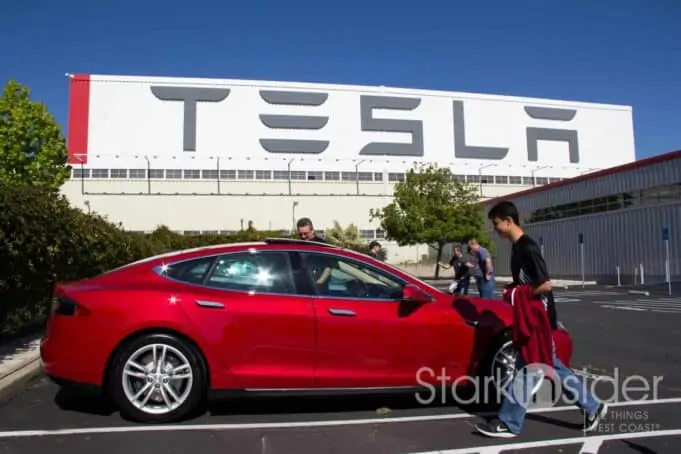Tesla Inc (NASDAQ: TSLA) has once again increased the starting prices for both the Model 3 sedan and Model Y compact SUV.
Electrek reports that the base prices for each model now look like this per the Tesla web configurator:
Tesla Model 3
- Model 3 Standard Range Plus: $41,990 (+ $2,000)
- Model 3 Long Range AWD: $49,990 (unchanged)
- Model 3 Performance: $57,990 (+ $1,000)
Tesla Model Y
- Model Y Long Range Dual Motor: $54,990 (+ $2,000)
- Model Y Performance: $61,990 (+ $1,000)
At an additional $2,000 USD both the Model 3 Standard Range and Model Y Long Range see the biggest price increases.
Meantime the Performance variants for both the 3 and Y see a $1,000 increase, while the Model 3 Long Range remains unchanged.
Stark Insider Take
Tesla has been increasing prices throughout 2021, so this news isn’t really a big surprise.
Demand for Tesla cars appears to remain red hot. Most new orders aren’t expected to deliver well into 2022. Used Teslas are hard to find. When they pop up they go fast, and typically for significant premiums. Some sellers are able to get close to (or even above) what they paid for their used 2019 or 2020 models.
I’m sure the skyrocketing price of gasoline isn’t hurting Tesla and other EV manufacturers. Charging at home is convenient, but the gas savings in many parts of the U.S. is, no doubt, a convincing proposition for making the switch from a combustion to engine to one using batteries.
As Electrek notes, if the federal government does again implement an EV tax credit, there could be even further demand.
Tesla is still expanding production capacity around the world, and is opening new factories which will help boost capacity.
Of course, Tesla is not operating in a vacuum. There’s a supply chain crunch with a global chip shortage which is all well too documented, and likely to extend into next year. And the auto market — especially used car prices — is experiencing unprecedented price shocks. It’s hard to predict where things go from here. So the forces driving CEO Elon Musk to raise prices has certainly more to due than just demand — though Tesla continues to lead the EV race in many markets.
Last quarter, Tesla beat expectations with deliveries exceeding 241,000 vehicles.


